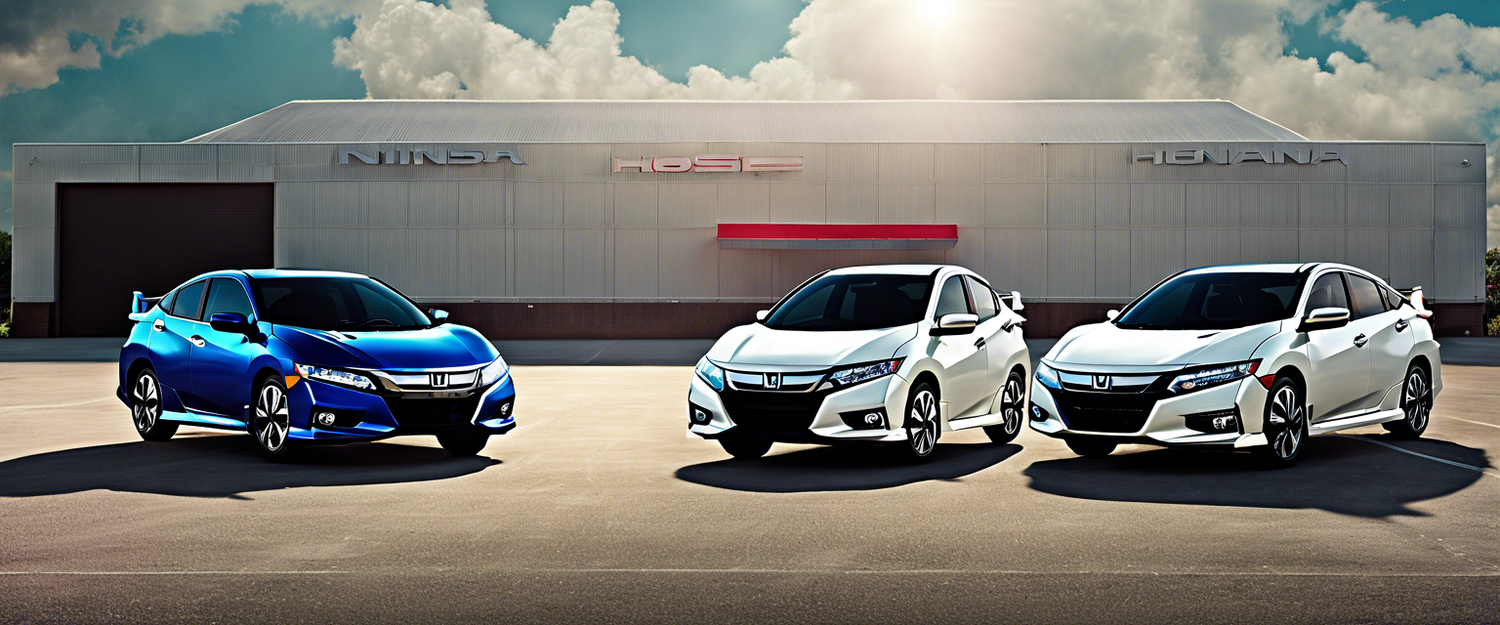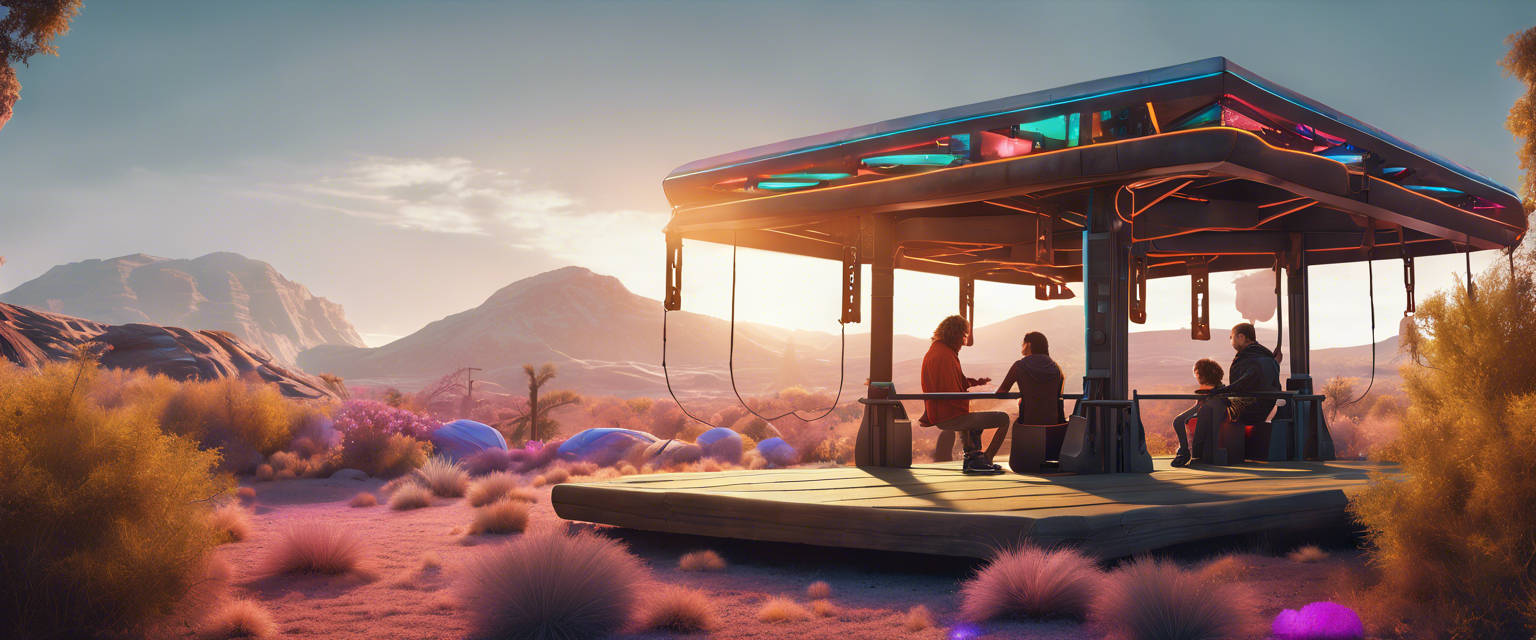Joint Venture: Mitsubishi, Nissan, and Honda Team Up for Electric Vehicle Development
Mitsubishi has officially signed a memorandum of understanding with two of its long-standing rivals, Nissan and Honda, to strengthen their collaboration in the electric vehicle (EV) sector. This partnership aims to close the technological gap with competitors and accelerate the rollout of advanced vehicles in the automotive market.
Why Automakers Are Pooling Resources
The automotive industry is undergoing significant transformation, particularly with the rise of electric vehicles. By joining forces, Mitsubishi, Nissan, and Honda aim to share resources, reduce costs, and enhance efficiencies in developing and launching new EVs. According to a statement from Nissan and Honda, Mitsubishi’s addition to the group will not only diversify their expertise but also generate unique synergies that can drive innovation.
Previous Collaborations
This isn't the first time these automakers have sought to collaborate on EV technology. Honda previously formed a partnership with General Motors for EV development, but that venture was ultimately dissolved. Recently, Honda forged a new relationship with Nissan, aiming to achieve similar objectives. Additionally, Nissan and Mitsubishi have a long-standing global alliance with Renault.
Challenges Faced by Nissan and Mitsubishi
Both Nissan and Mitsubishi are currently facing challenges in the competitive US automotive market. Nissan's operating profits plummeted by about 99% last quarter, indicating waning consumer interest in the brand. They have also been slow to introduce hybrids despite the growing demand in the market.
Mitsubishi, on the other hand, has struggled to enter the long-range EV segment effectively. However, it has seen moderate success with its plug-in hybrid Outlander model, even though it hasn’t reached the mass appeal needed to lead the market.
Looking Ahead: Software-Defined Vehicles
In their latest announcement, Nissan and Honda have expanded their collaborative efforts to also focus on developing software-defined vehicles. This involves researching new technologies with the goal of moving towards mass production within the next year. Along with software improvements, the partnership will also explore advancements in battery technology, electric motors, and a revised product review system to enhance vehicle complementarity.
Nissan's Strategy for Electrification
Nissan has ambitious plans to electrify 16 of its 30 vehicle models by 2026, with a specific focus on the North American market. Part of this strategy includes significant progress on developing solid-state battery technology, which the company believes will set them apart in the crowded EV market.
Conclusion: The Future of EV Development
The collaboration between Mitsubishi, Nissan, and Honda symbolizes a broader trend in the automotive industry where companies are increasingly choosing to collaborate rather than compete. By uniting their strengths, these three Japanese automakers could leverage one another’s capabilities to enhance their positions in the burgeoning electric vehicle market, ultimately benefiting consumers with more accessible and advanced EV options.



コメントを書く
全てのコメントは、掲載前にモデレートされます
このサイトはhCaptchaによって保護されており、hCaptchaプライバシーポリシーおよび利用規約が適用されます。